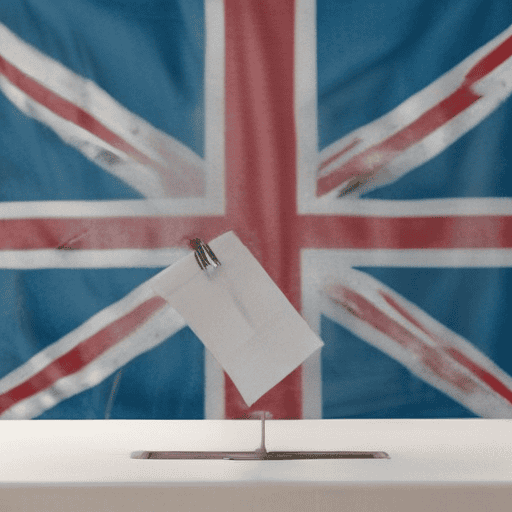Prime Minister Sitiveni Rabuka’s recent appointment of seven Opposition Members of Parliament from the Group of Nine (G9) as Ministers and Assistant Ministers signifies a remarkable shift in Fiji’s political landscape. This strategic move, reflecting Rabuka’s political prowess, invites vital discussions regarding its implications for the democratic framework of the nation.
The G9 coalition emerged after the deregistration of the FijiFirst party in July 2024, with its members previously defecting from the Opposition led by Inia Seruiratu. This unique political bloc has allowed these MPs to operate as independents, diverging from the traditional party lines that have predominantly characterized Fiji’s Parliament. By integrating these MPs into his coalition government, Rabuka is reshaping the political alliances, thereby solidifying his authority in a parliamentary system where every vote carries significant weight.
However, this development raises several questions about the fallout from such a strategic maneuver, particularly concerning the ambiguities present in Fiji’s 2013 Constitution. Analysts have pointed out that the Constitution lacks explicit guidelines for situations where independent MPs or crossbenchers join the government. While Attorney-General Graham Leung asserts that such actions are not specifically prohibited, the absence of clear provisions could lead to potential uncertainty in governance and risk undermining parliamentary integrity.
Critics warn that this approach might be more focused on consolidating power ahead of the 2026 General Election rather than fostering genuine collaboration. The lack of constitutional clarity surrounding the integration of crossbench MPs generates concerns about unchecked political maneuvering, which could erode trust in political institutions that are already viewed with skepticism by the public.
In this context, Rabuka’s decision underscores a pressing need for constitutional reforms aimed at elucidating ambiguities and safeguarding against potential power abuses. The current political climate presents both challenges and opportunities for Fiji, as the nation navigates its democratic evolution. While Rabuka’s present strategy may fortify his coalition, it is crucial to consider the broader implications for governance and the integrity of political processes.
As Fiji progresses through this transitional phase, there is hope that it can balance the pursuit of immediate political gains with the foundational values of democracy. This situation could serve as a catalyst for necessary reforms that promote transparency and collaborative governance, ultimately leading to a more resilient and inclusive political landscape. By prioritizing the principles of democracy, Fiji has the potential to emerge from this moment stronger, with a renewed commitment to serving the interests of all citizens.
In summary, the appointment of G9 MPs into key government positions reflects an unprecedented moment in Fiji’s political narrative, one that necessitates vigilant navigation to uphold democratic ideals while adapting to the evolving political environment.

Leave a comment